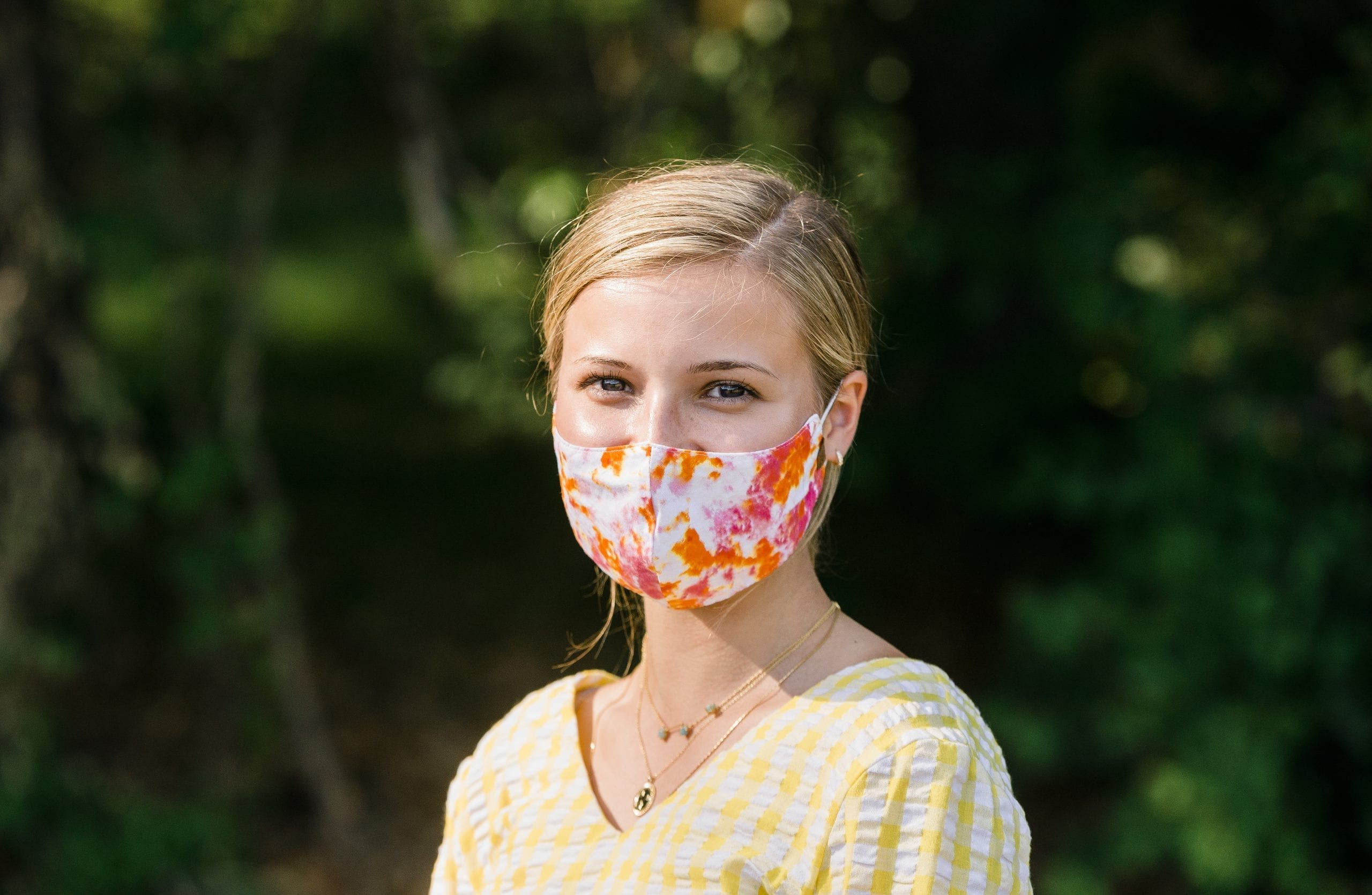I shoveled in handfuls of Cape Cod Salt and Vinegar chips, willing myself to taste them. If I tried hard enough, maybe I could summon a hint of salt or a trace of vinegar into existence. I ran around my childhood bedroom putting cotton candy Chapstick after citrus candle after Clorox wipe up to my nose, hoping for a scent of something, anything. I flopped down on my floor in defeat.
It had been six days since I tested positive at school, having received the call next to my roommate Grace.
“Um, is this Alexandra?” the woman on the other end asked gingerly, and that was all I needed to know that something had gone horribly wrong. I looked at Grace, my eyes wide with fear, and in that moment she, too, knew why my phone had rung. She reached over and grabbed my hand.
“It’s going to be OK,” she mouthed.
That was 11 days before Thanksgiving. I’ll forever be thankful that my mom drove into Boston University to rescue me, and that, in a moment of fear and panic, my roommate was quite literally Grace under pressure.
I stayed asymptomatic for almost a week. And then, one morning, I woke up and couldn’t taste the coffee my mom left outside my door for me. My sense of taste took my appetite with it, just in time for Thanksgiving. I’ll never forget how unusually cruel it felt not to be able to taste anything on that final Thursday in November.
I spent the holiday alone in my bedroom, feeling like I had a giant scarlet letter plastered across my chest. A not for adulterer, but A for Alex, the girl who tried her hardest but contracted COVID anyway.
Still, maybe the A was for absolution. With the exception of losing my sense of smell and taste, I never had any other symptoms. My mom never got sick either, nor my brother, nor Grace. That in of itself feels like a small miracle I’ll forever be grateful for.
I still don’t know how I got COVID. I probably never will. I guess that’s the nature of living in a pandemic. But I am conscious of how fortunate I was, knowing there are hundreds of thousands of people who have had to battle through weeks of fever and exhaustion and being unable to breathe. There are long-haulers, people who experience residual symptoms months after infection. There are hundreds of thousands of people and families who have been absolutely broken by this virus.
Having COVID-19 and coming out on the other side feels like being granted membership into some exclusive club that you really don’t want to be a member of. I wonder what we’ll know about the virus years from now, if one day the symptoms I never had will catch up to me, or if this will all be but a distant memory when I tell my children about the potato chips I couldn’t taste. I can practically see the future school report they’ll have to do on their mom.
When they ask, I’ll tell them that COVID was a lonely virus; about how I spent 14 days staring at the same four walls. I’ll tell them that COVID was an emotional virus; about how people I thought were friends accused me of being irresponsible, insensitive, selfish, as if I’d gone out and licked a lamp post, purposely seeking out sickness, in order to inconvenience them.
And my children will laugh because what a ridiculous thought for someone to have.
And, maybe when they’re older, I’ll tell them COVID was a virus full of fear; about how I couldn’t sleep at night because I was worried I would wake up so sick I’d have to go to the hospital where I knew there wasn’t room for me. And they’ll know COVID was guilt, shame, sadness, terror walking.
But, I’ll say, eventually the vaccines came along. And the weather slowly got warmer again. The days started to last longer. And they’ll know how humanity began to heal.
So, I’ll tell them, Aunt Grace and I went back to school, shoveling in handfuls of Cape Cod Salt and Vinegar chips together.
And I could taste the chips just fine.
Alex Ross is a Boston University student and a past intern with The Item. She lives in Lynnfield.

